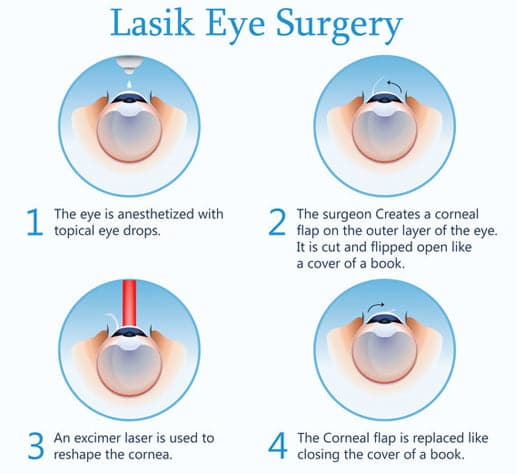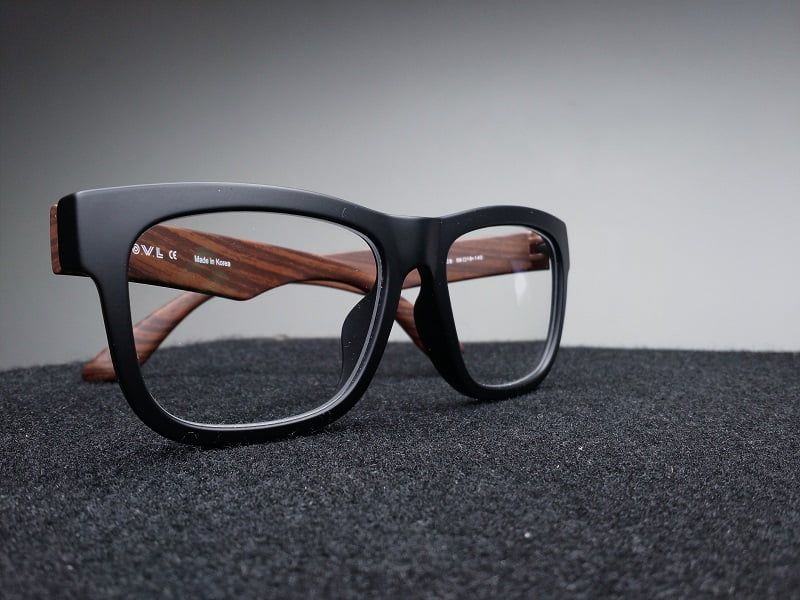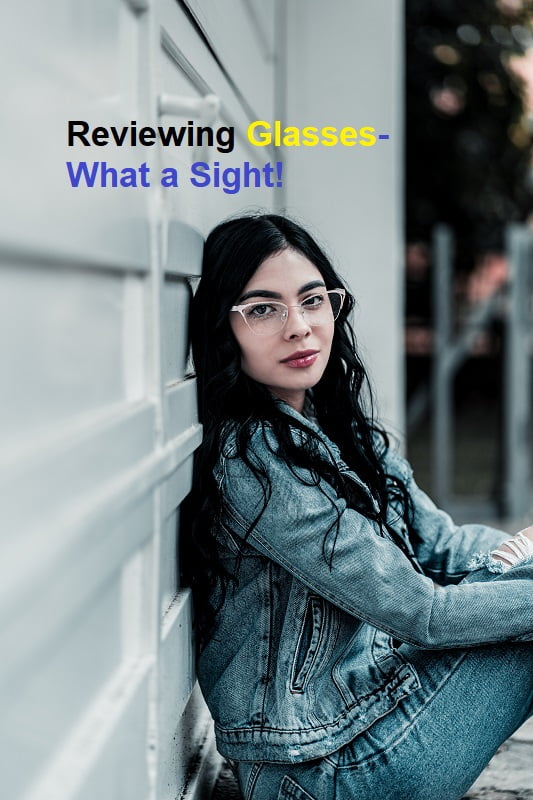
The best lasik treatment
The treatment completely transforms the form of the cornea (the fragile clear covering on the front of the eye).
For clear vision, the eye’s cornea and also lens have to flex (refract) light rays correctly, so that pictures are concentrated on the retina.
LASIK represents Laser-Assisted In Situ Keratomileusis and also is a treatment that completely transforms the form of the cornea, the clear treatment of the front of the eye, utilizing an excimer laser.
What is the genuine distinction in between standard Laser Eye Surgery and also Custom LASIK Eye Surgery?
Standard Laser Eye Surgery
Personalized LASIK Eye Surgery supplies an extra specific therapy for individuals that have “greater order” aberrations, which we can currently gauge with the Aberrometer.
For these clients, tailored laser eye surgical procedure might give a far better top quality of vision by determining and also resolving all of these aberrations as component of the therapy strategy.
Throughout LASIK surgical treatment, a little laceration is made in the cornea to develop a flap. A laser beam of light functions within the cornea to improve it for vision modification.
After the improving, the flap is returned right into location as well as functions as a kind of all-natural plaster.

Will I Need Reading Glasses After the Treatment?
Typically, individuals under 40 years old checked out well without glasses complying with the therapy. People over 40 might require magnifying for reviewing small print.
Presbyopia is the term that describes the all-natural weakening of the concentrating muscular tissues that happens in our very early to mid 40s, triggering us to require the magnifying that analysis glasses supply.
The LASIK therapy does not appropriate or avoid presbyopia. We additionally will certainly rejoice to go over one more alternative called monovision.
For clear vision, the eye’s cornea and also lens need to flex (refract) light rays effectively, so that pictures are concentrated on the retina.
Traditional Laser Eye Surgery deals with the huge bulk of usual optical aberrations called “reduced order” aberrations.
Custom-made LASIK Eye Surgery offers an extra accurate therapy for people that have “greater order” aberrations, which we can currently determine with the Aberrometer.
For these individuals, tailored laser eye surgical treatment might offer a much better top quality of vision by determining and also attending to all of these aberrations as component of the therapy strategy.
My Questions about the Lasik Procedure
Many people that wear glasses or contact lenses have listened to the claims of how Lasik can give them perfect vision.
They have also heard great Lasik success stories, as well as stories from people that were not sure they had given the decision enough thought.
This guide lists the most common questions asked by people who are considering Lasik vision correction, and answers given by reputable physicians.
The first and most important question asked about Lasik is, not surprisingly, “Is Lasik safe?” The answer is that it is normally quite a safe procedure, with success rates above 95 percent for good, experienced Lasik surgeons,
and 90 percent average over all physicians that perform the Lasik procedure. This statistic about Lasik success assumes that the patient is a good candidate for Lasik surgery.
The requirements have some specific details and should be gone over with the physician that will perform the Lasik procedure.
It is a very good idea to ask the Lasik physician which patients he has declined to perform the Lasik procedure on, to make sure that the particular physician has and operates with good standards.
Any Lasik practitioner that tries to imply that everyone that comes in to his office is a good candidate for Lasik vision correction should be viewed with some skepticism.
In any case, it is wise to interview several different physicians that perform the Lasik procedure before deciding on one.
A second frequently asked question about Lasik is “What are the possible complications from Lasik surgery?” Common side effects are starbursts or halos when looking at a light, sensitivity to light and difficulty with glare and night vision,
and some sensation that a foreign body is in the eye. Most of these effects will pass within a few days after the Lasik procedure. Between 1 and 3 percent of patients will have a lasting side effect such as halos or some vision fluctuation.
It is a very good idea to discuss your particular situation with the Lasik physician to determine if you might be prone to any complications.
There are also variants of the standard Lasik procedure, one of which uses additional waveforms to map out an individual eye, or techniques that only use lasers rather than a scalpel and a laser.
One question we all hesitate to ask is “Will the Lasik procedure be painful?” Since our eyes are one of the most sensitive parts of our bodies,
it is comforting to know that having Lasik vision correction is usually nearly painless. There is often some mild discomfort after the procedure, but this is effectively controlled with medication.
“Will I have 20/20 vision once the Lasik correction is done?” Though many patients do get nearly perfect vision, not all patients have their vision totally corrected. You can definitely expect to have improved vision and minimized dependency on any glasses or contacts.
“What is the cost and how do I pay?” A typical Lasik surgeon charges between $500 and $2500 per eye, depending on the patient and the surgeon.
However, a Lasik physician should be selected on experience level and track record, not on the lowest price. Insurance rarely covers the cost of Lasik, but many Lasik centers have a type of financing program offered to their clients.
Find several Lasik physicians in your area using the Internet feature DocShop and make a point to interview several on your list. Consider Lasik as one way to significantly improve the quality of your life.
Am I a Good Candidate for Lasik?
So many people are interested in the Lasik vision correction procedure, and want to know the benefits, the risks, and how the Lasik procedure works.
One of the first things to consider is what requirements a person should meet in order to have a successful Lasik procedure.
Though each individual case should be discussed with a qualified Lasik physician, here are some guidelines to see if you are a good candidate for Lasik vision correction.
First, the eye should be properly matured. This means that anyone under the age of 18 really needs to wait before a Lasik procedure is done,
for it is likely that the shape of their eye will continue to change for several years. If the eye shape changes after the Lasik operation is done, the clarity of vision will be affected. Some Lasik physicians recommend waiting until age 25 in some cases.
In addition to an age cutoff, the vision prescription for the Lasik candidate should be stable for at least one year, and preferably for longer than that.
This is for the same reason as above, that the Lasik procedure will only continue to be effective if the eye shape remains constant after surgery.
One comment about age cutoffs should be made with regard to Lasik surgery. There is no maximum age, as many patients in their fifties to their eighties have had a very successful Lasik procedure.
The main consideration in these cases is enough tear production for successful healing and lubrication after the Lasik vision correction.
The eyes of the Lasik candidate should be healthy. This means that any person undergoing a Lasik procedure should have had no eye infection or injury for at least a year,
and must have no scarring on the cornea of the eye. In addition, they must not have any recurring eye problem, such as a history of herpes infection in the eyes.
The medical history of a prospective Lasik client also plays an important part. Some chronic conditions, such as autoimmune disorders like Lupus, will prevent some people from being able to schedule a Lasik procedure.
You should be very clear about any and all medical conditions that are current, or even completed ones in the past. Also, women who are pregnant or nursing should wait to have a Lasik procedure scheduled.
A good Lasik physician will also not schedule people with dry eye syndrome for Lasik vision correction. Having sufficient tear production is important,
though for minor problems this may be aided by medication during the healing process. In addition, those people with eyes that dilate very widely are not good candidates for Lasik.
These are most of the most common reasons that a person should look at some other eye improvement choice other than Lasik.
Most generally healthy people with standard vision problems benefit greatly from a Lasik procedure done by a trained, professional Lasik physician. Look for a good Lasik center in your area and discuss your individual case in detail.
What Happens After the Lasik Procedure?
After you are fully prepared, the Lasik procedure takes less than fifteen minutes to complete for both eyes. This will seem a remarkably short time to have a permanent change to your vision,
and in this regard Lasik seems almost too good to be true. In addition, most Lasik patients notice improved vision immediately or within a few hours after the Lasik procedure has been performed.
This does not mean that you should expect to walk out of the Lasik clinic with perfect vision and without any need to treat your eyes carefully for the next several days.
It also means that some Lasik patients will need more time to see the total results for the Lasik procedure, sometimes as much as six months for their vision to stabilize permanently.
Anticipate good vision, and take the time and care for the operation to produce its best result.
Usually the Lasik physician will give the post-procedure patient a protective shield for their eyes. This should be worn as long as the physician specifies, and usually only at night for one or two nights.
He may also recommend sunglasses during the day if you experience sensitivity to light after the Lasik procedure is done. Discuss these options in detail at the Lasik center before the operation, so you know how to best take care of your eyes.
Many patients at the Lasik centers often get eye drops to keep their eyes moist for some time after the Lasik procedure is done.
Again, this varies by patient and by physician, so ask about your particular situation, especially if you are prone to eye dryness on an occasional basis even before the Lasik procedure.
Also, it might be helpful to keep any ceiling fans or other air circulation devices off in the household for the first few days.
Most clients can return to work and normal daily activities the day after the Lasik procedure is done, and do not require any extra assistance from other friends or family members. There is usually little to no post-operative discomfort after Lasik has been performed.
It is recommended that patients go to sleep as quickly as possible after the Lasik surgery in order to minimize any post-operative discomfort. Upon waking, improved vision from the Lasik corrections should already start to be visible.
This improved vision may not be the final product of the Lasik procedure. The improvement to nearsightedness after Lasik is usually quick and dramatic,
though there may be some problems in reading easily for the first few days after the Lasik operation. This is perfectly normal, and should clear up before the week is out.
Patients that use Lasik to improve their farsightedness usually find a dramatic improvement the day after the Lasik surgery.
It might be that there is a temporary blurring of objects in the distance, but this will resolve itself. If this condition remains for more than a few days, the Lasik physician can recommend and prescribe temporary glasses until vision is stabilized.
These are all typical post-operative recommends for a Lasik patient, in order to feel comfortable with what to expect after the Lasik procedure.
As with any medical treatment, get all of your questions answered by the staff of your Lasik center for your individual case.
Lasik Eye Center
There are a number of Lasik eye centers that you could choose from. Choosing the best is the tricky part. You do not want to compromise your health especially your vision.
And you do not want to end up with permanent negative consequences. So, it is essential to approach only Lasik eye centers that can offer you the best treatment there is.
One way to make sure that you approached a reputable Lasik eye center is to do some ample research. Check on the credentials of the doctors doing the procedure at the Lasik eye center.
Do they have enough experience to do the procedure? You should consider the skill of your ophthalmologist.
A less skilled ophthalmologist may charge a lower cost of Lasik, but he may not have the same experience, training, or precise equipment as a more expensive doctor.
It is important to remember that you should not choose your Lasik surgeon solely on the basis of costs. Many experts recommend avoiding discount Lasik eye centers and rely heavily on aggressive advertising campaigns.
On the other hand though, paying more for the cost of Lasik does not mean that you will get the best surgeon.
The cost quoted in Lasik eye center also depends on what’s included in the vision correction package. Many doctors include pre-operative and post-operative care as well as one-year to lifetime warranties.
When shopping around for Lasik eye center make sure you’re comparing the same packages. Compare apples with apples, so they say.
Also in looking for a Lasik eye center you also have to consider quality and service. After all, this is a procedure you’ll likely have only once in your lifetime, and your vision is one of your most important assets.
Then ask around about the Lasik eye center from people who underwent treatment there. That way you can have verified information regarding the Lasik eye center.
Due to the prohibitive cost of laser eye surgery, you might want to consider seraching for Lasik eye center that offers affordable or easy payment plans. You could talk over LASIK financing and costs involved with your Lasik eye center doctor.
Lasik eye center surgeons usually offer a variety of financing options to their patients. A number of surgeons in Lasik eye centers work with local and national banks to provide low interest monthly LASIK financing plans. Or, they allow patients to pay for the procedure in installments.
Thoughts From an Experienced Lasik Patient
I have noticed that more people I work with are talking about, or undergoing, the Lasik vision correction procedure.
I don’t know really know why Lasik has suddenly become more popular in my company, but I do know that there are a number of rumors about Lasik that I am not sure are true. Let me just talk about my long term experience with Lasik.
It has been more than eight years since I had the Lasik procedure, so I was one of the early and brave pioneers! Perhaps I wasn’t that brave when considering Lasik, for my vision in each eye was worse than -9.
Even now, Lasik physicians consider that a very strong case and do caution prospective clients that the Lasik process will likely improve their vision, but may not eliminate the total need for glasses.
The Lasik operation itself had mild pressure and some unusual feelings, but no real discomfort or pain. This is still true in modern Lasik procedures, and hopefully they are even better at keeping the client comfortable.
I do notice that now Lasik physicians also give a mild sedative mainly for psychological reasons, which I think I would have appreciated back then.
Two or three days after the Lasik operation I was astounded to find I had VERY clear vision in each eye, at least 20/20. Considering my previous prescription, you can imagine how fervently I thanked my Lasik physician.
However, I did also have temporary symptoms of considerable dryness in each eye (which was helped by eye drops), and also halos around lights at night.
A few months after the Lasik procedure I noticed my vision changing a bit, though very slightly. The best way I can describe it is that the crisp edges no longer looked exceedingly crisp, but each object still seemed to be in focus.
At my one year Lasik correction anniversary my physician said that one eye was still at 20/20, but the other had changed slightly to 20/40.
However, I was still a great statistic for the Lasik correction procedure, and we were both still happy with the results.
In the years between the original Lasik procedure and now, my vision is still 20/20 in one eye and 20/40 in the other. I do have a pair of glasses and one contact lens for that eye, but rarely bother with them unless I am doing something like watching a movie.
My long track record after the Lasik procedure has given hope to a number of other people in my office. I do want to say though that I was over 35 when I had the operation, and my Lasik physician said that the stability of my eyes and my age were good indicators that the Lasik results would be long term.
I hope this encourages people with bad vision to talk to a local Lasik physician about scheduling a Lasik procedure.
Find a physician that has a good track record, and one that you trust, and I hope that your long term Lasik results will be as good as mine!
lasik surgery,best lasik technology 2023,lasik surgery cost,lasik eye surgery,types of lasik,laser eye surgery,best laser eye surgery in the world,best laser eye surgery london,




